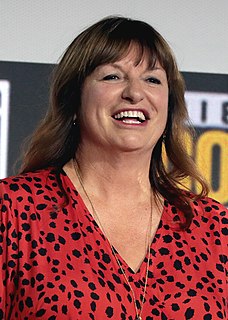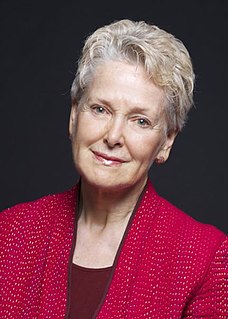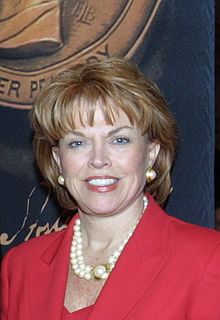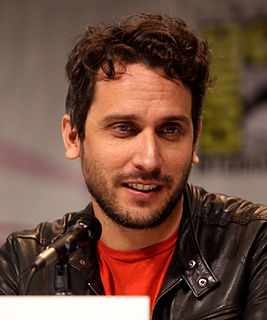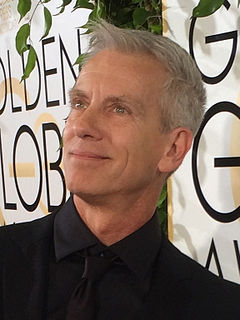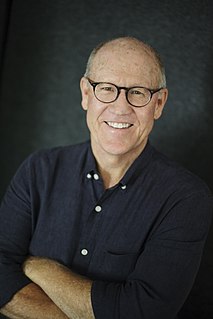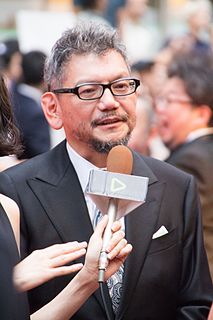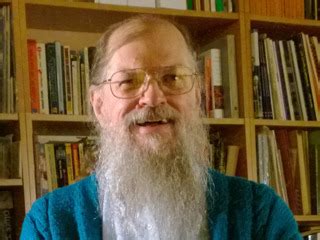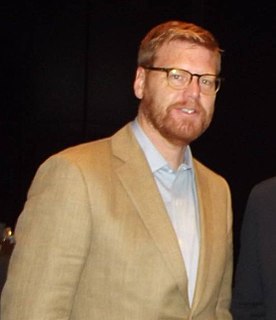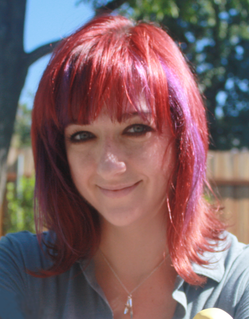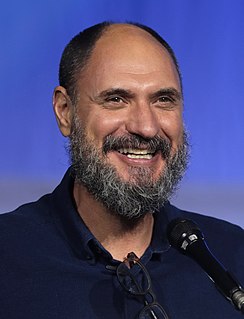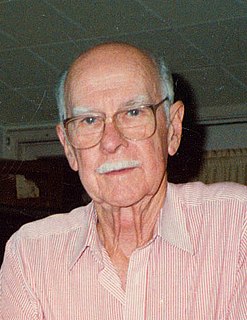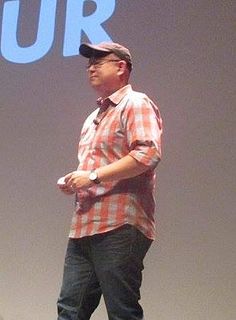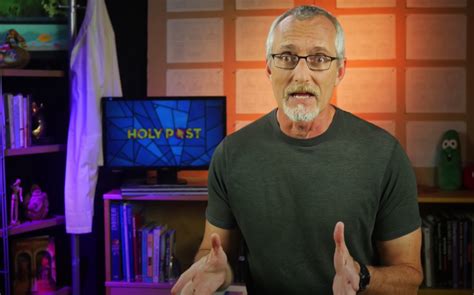A Quote by Signe Baumane
When industry people see something different they don't know what to do with it, so filmmakers who make films about women, they kind of fall through the cracks. If a woman filmmaker makes film about war, like [Kathryn] Bigelow, they say "Okay, this is a war film, it has ninety percent men in it, we know what to do with it." But then she still gets attacked for not doing it properly. [...] But even though it bothers me I don't want to dwell on the sex and gender thing.
Quote Topics
Related Quotes
Kathryn Bigelow is a really good example of somebody that has maintained her truth and she makes the films she wants to make and she hasn't let other people affect her too much. Her last film is to me so inspiring and the way she sees war, the way she set up those really intimate relationships in and amongst this carnage.
A war film can be propaganda and they're very valuable as propaganda, as we realized in Britain in the Second World War. Film as propaganda is a very valuable tool. It can also demonize, which is the dangerous side of a war film as propaganda. But there are war films that are not propaganda. It's just saying 'This is what it's like.' For 99 percent of us we don't know what it's like. We have no idea. So to reveal that to the audience is powerful.
I'm not trying to be self-serving, but you know, you get to Hollywood, and if you want to make something big and loud and dumb, it's pretty easy. It's very hard to go down there and make a film like 'Sideways,' which I thought was a great film. They don't want to make films like that anymore, even though that film was very successful.
Women tend to be more interested in reconciliation. A Kenyan woman leader said to me, "You know, in a war, men and women want different things. The men care a lot about territory. And they care where the borders are. And they want this whole state. The women," she said, "they want a safe place." And she put her fingers like this, "They want a safe place for their children to go to school without being shot, for their daughters to not be raped."
I simply can't understand the stereotyping women as film makers who make soppy family dramas. Look at Katherine Bigelow: she has directed Point Break and Strange Days. I hate labels of any kind. Just because you are a woman you can't do this or that? Twenty years ago women entering the work force was enough of a shock. People just like the predictable; they feel safe with it. You know, it's such a bore
In my opinion, the most important thing as a woman leader-and I learned this early through a whole bunch of great women who were in my life (and men, I have to say)-is that if you have a position of leadership and power and you don't use it in a different way, then you're wasting it. So when people used to say to me when I was the first woman president of PBS, "Well, you know, does that mean that as a woman you're going to be a different kind of president?" And I would say, "Well, I hope so!"
I think that film festivals, we're very often given to understand, are about filmmakers and about films and about the industry of filmmaking. I don't believe that they are, I believe that film festivals are about film audiences, and about giving an audience the encouragement to feel really empowered and to stretch the elastic of their taste.
I only want to make movies that I believe in, that I care about and that mean something to me. At the end of the day, that's the only reason I'm doing this. Hopefully I can continue to grow and challenge myself to try to do things I've never done before, and make different kinds of movies that still maintain what makes the film my film.
You can make a film with a phone and a computer if you want, if you have the time. So it's a world that is saturated with films and all kind of stuff, so it's such a blessing to be able to make a film and people care, and even if they say that it's a bad idea, at least they care and they're talking about it.
I tried [being a mogul]. It bores me. I don't really want to produce other people's movies. Because they're either grown-up filmmakers like Steven Soderbergh or Kathryn Bigelow that didn't really need me - and I've produced both of them. It's fun to sit around with them and be collegial, but they don't need me. They can make the film without me. I make my own stuff. There are tons and tons of other things I'm interested in that have nothing to do with movies or are documentary projects.

